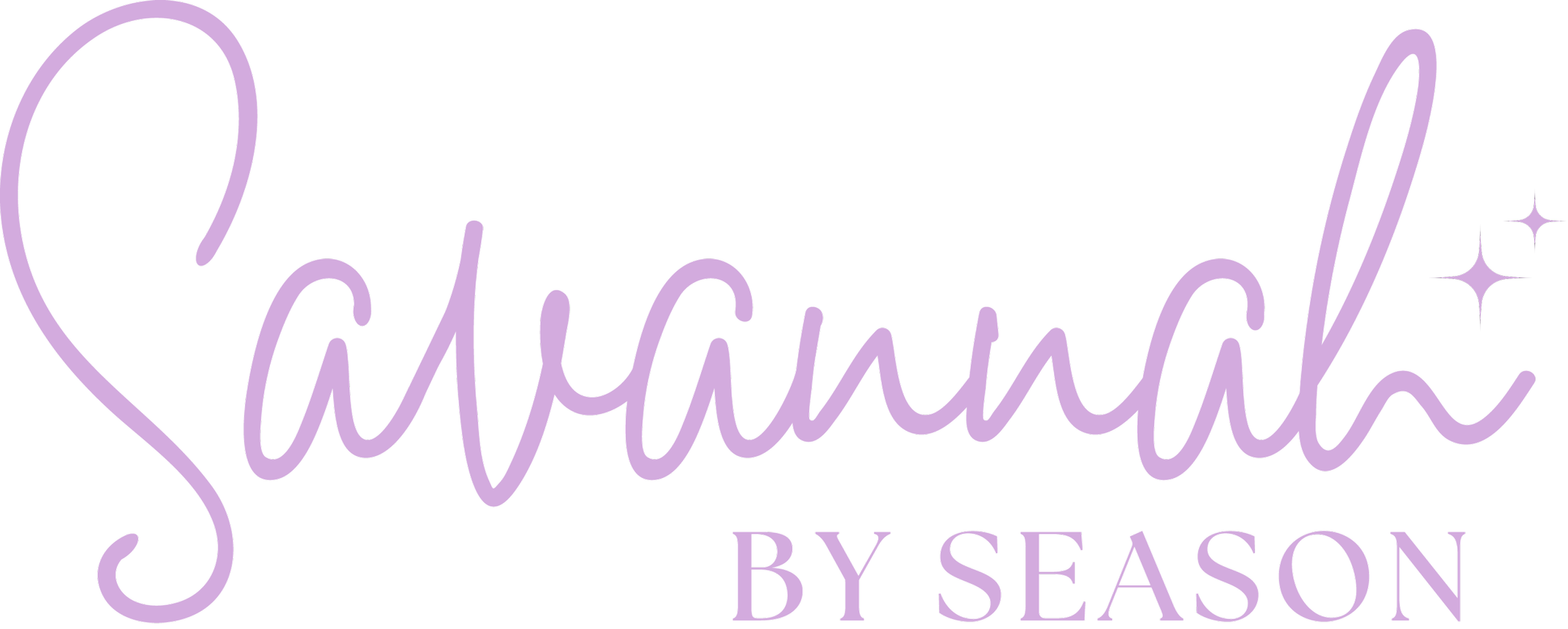Twibel Quarrels
I've been a practicing social media lover since the days of pouring my little middle-school heart out on my Xanga page back in 2002. Without a care in the world, I'm sure I posted some really vague, mean things as I vented about how hurt I was that so-and-so didn't invite me to sit at their lunch table. However, I don't think I ever used my youthful blog to viciously attack anyone online, or ruin their character by making up false statements. Even at a young age, in the dawn of the internet boom, I knew better than that. However, some people don't seem to be as knowledgeable.
Earlier this year, the first Twitter libel case in the United Kingdom was won by a man running for a county council seat, Eddie Talbot. A man competing for this same council position, Colin Elsbury, claimed that Talbot was evicted from the polling station during the election. Unfortunately, Elbury posted this information to his Twitter account without knowing all of the facts. The truth of the matter was that a man was indeed removed from the polling booth, but it was not the running Talbot. Elbury followed up the false tweet with another one stating that there was a case of mistaken identity. All is well, right? Not exactly. Many followers had seem the claim and the damage to Talbot's reputation was already done. The follow-up tweet was just a little too late. Talbot sued for defamation of character and won £3,000 in damages from the High Court. A representative for Talbot stated, “The amount of compensation wasn't an issue – it was the protection of Mr. Talbot's reputation that was the issue.” When you are a town representative or any major figure with many followers on a social network, damage can be done quickly and no follow-up, no matter how remorseful, can help your case. It is important that all celebrities, city-officials and public figures see these cases and take them seriously.
What about the mere mortals who aren't as popular? Do we have to live with the fear of legal cases like these? Of course we all do. Most people probably don't know that when they're hashing out their opinions on their Facebook statuses or tweeting vicious rumors, they are susceptible to serious legal consequences. False accusations and embarrassing suspicions can get anyone, even us “regular folks,” in trouble.
As a student in the MaybornSchool of Journalism at UNT, I've been trained for nearly 7 semesters on how to conduct myself online, as a person and as a professional journalist. I know that my opinions can hurt other people as well as my own reputation. I'm trying to constantly make sure my roommates and friends know this same information and are aware of it on their own personal pages. Though we may think our social media posts can be deleted, the consequences and harm may not be erased so quickly.







